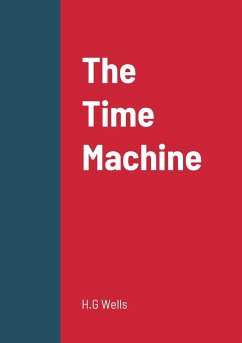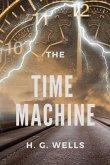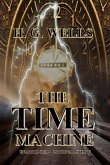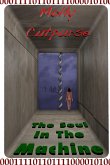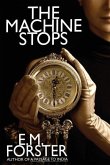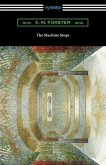The Time Machine is a science fiction novella by H. G. Wells, published in 1895 and written as a frame narrative. The work is generally credited with the popularization of the concept of time travel by using a vehicle that allows an operator to travel purposely and selectively forwards or backwards in time. The term "time machine", coined by Wells, is now almost universally used to refer to such a vehicle. The Time Machine has been adapted into three feature films of the same name, as well as two television versions, and a large number of comic book adaptations. It has also indirectly inspired many more works of fiction in many media productions.Wells had considered the notion of time travel before, in a short story titled "The Chronic Argonauts" (1888). This work, published in his college newspaper, was the foundation for The Time Machine. Wells frequently stated that he had thought of using some of this material in a series of articles in the Pall Mall Gazette until the publisher asked him if he could instead write a serial novel on the same theme. Wells readily agreed and was paid £100 (equal to about £11,000 today) on its publication by Heinemann in 1895, which first published the story in serial form in the January to May numbers of The New Review (newly under the nominal editorship of W. E. Henley). Henry Holt and Company published the first book edition (possibly prepared from a different manuscript) on 7 May 1895 Heinemann published an English edition on 29 May. These two editions are different textually and are commonly referred to as the "Holt text" and "Heinemann text", respectively. Nearly all modern reprints reproduce the Heinemann text. The story reflects Wells's own socialist political views, his view on life and abundance, and the contemporary angst about industrial relations. It is also influenced by Ray Lankester's theories about social degeneration and shares many elements with Edward Bulwer-Lytton's novel Vril, the Power of the Coming Race (1871).[5] Other science fiction works of the period, including Edward Bellamy's novel Looking Backward: 2000-1887 (1888) and the later film Metropolis (1927), dealt with similar themes. Based on Wells' personal experiences and childhood, the working class literally spent a lot of their time underground. His own family would spend most of their time in a dark basement kitchen when not being occupied in their father's shop.

